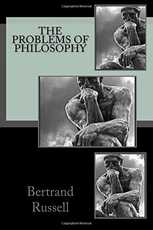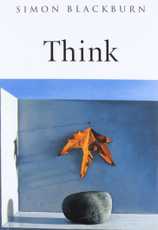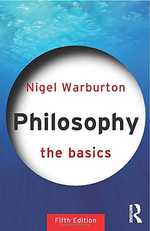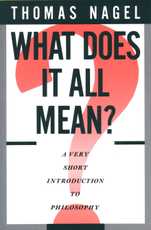
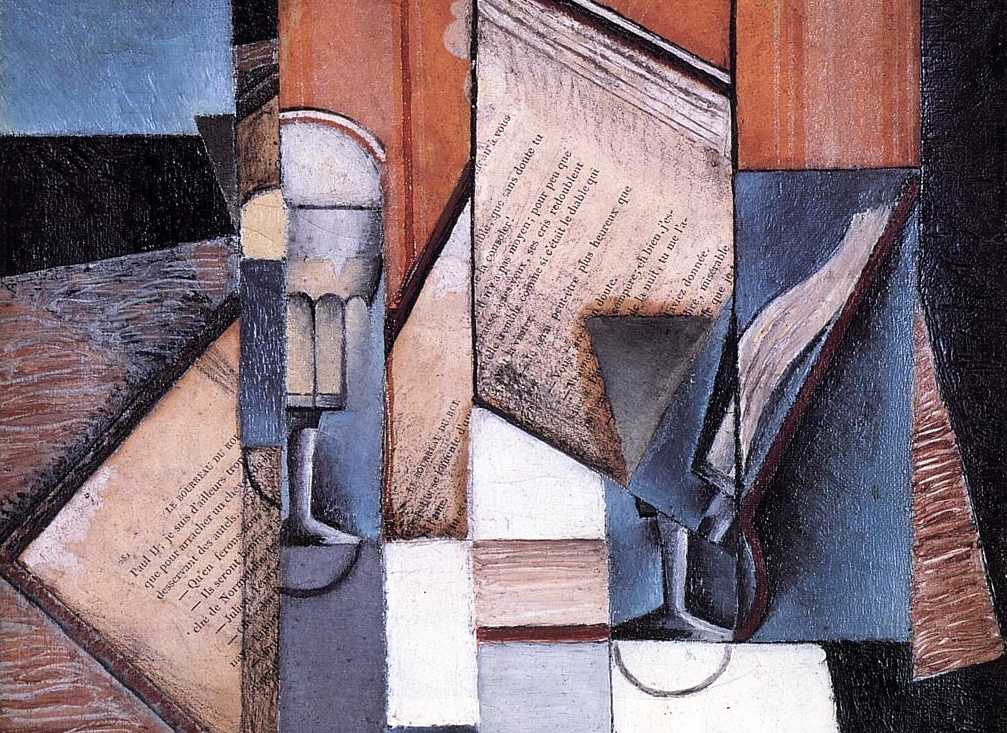
An Introduction to Philosophy The Best 6 Books to Read
Philosophy literally means ‘love of wisdom’, but defining it beyond this becomes a little tricky. In a nutshell, philosophy concerns itself with deep, fundamental questions: from how best we should live our lives, to the basic nature of the worlds we live in.
But within this nutshell resides a whole universe of feeling, reason, and meaning (for a fuller exploration, see our quick explainers on what philosophy is and why philosophy is important today). Considering such mammoth subject matter, it's difficult to know where to start.
But fear not! This reading list contains the best general introductions to philosophy. Each book discusses the enduring questions philosophers have tackled throughout history — questions you have probably wondered about yourself. You know the ones. Why does anything exist? What's the right thing to do? Is the world around us ‘real’?
In one concise email each Sunday, I break down a famous idea from philosophy. You get the distillation straight to your inbox:
💭 One short philosophical email each Sunday. Unsubscribe any time.
The aim of philosophy is not necessarily to give you the answers to these questions, but rather to equip you with the right tools to perform your own investigation — and discover the answers for yourself. By introducing the approaches of philosophy's best minds, the books on this list set you on that path.
1. What Does It All Mean? By Thomas Nagel
Thomas Nagel is the brilliant contemporary philosopher behind Mortal Questions and The View From Nowhere. Written in 1987, Nagel’s What Does It All Mean? is a lucid and accessible introduction to philosophy, setting forth the central problems of philosophical inquiry for beginners.
A slim book at just over 100 pages, Nagel covers free will, right and wrong, death, language, the meaning of life and other core topics in clear, illuminating language that anyone interested in philosophy would strongly benefit from reading.
2. Life’s Big Questions, by Philosophy Break
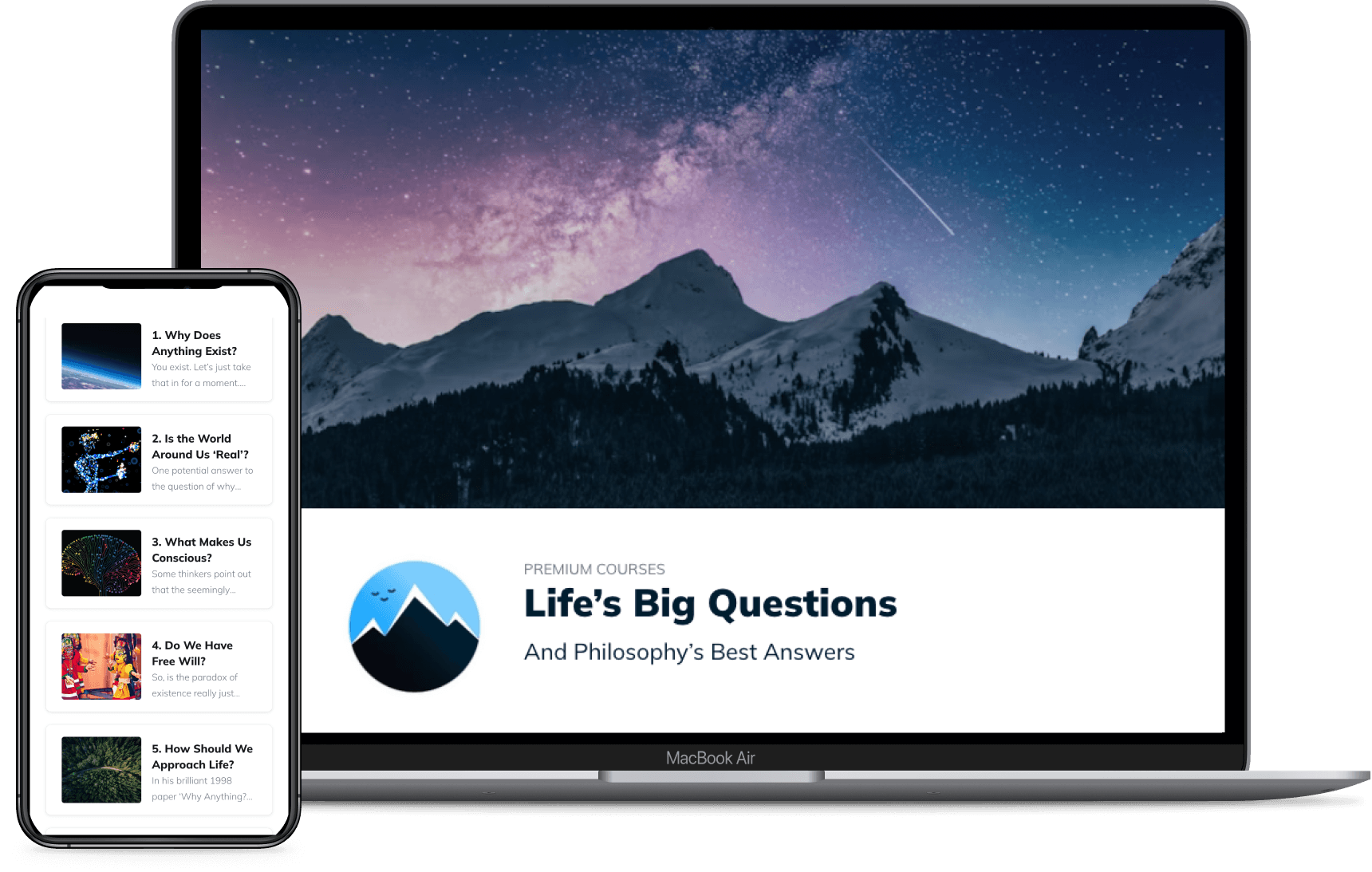
Life’s Big Questions: Your Concise Guide to Philosophy’s Most Important Wisdom
BY PHILOSOPHY BREAK
★★★★★ (100+ reviews)
Get Instant AccessLife’s Big Questions distills philosophy’s best answers to some of life’s most troubling questions. Why does anything exist? Is the world around us ‘real’? What makes us conscious? Do we have free will? How should we approach life? Packed full of wisdom from the greatest philosophical minds of the last few millennia, this concise online guide is designed to quickly equip you with philosophy’s most important insights.
Of course, we’re a little biased, as we produced this one — but if you’re seeking to understand the fundamentals of philosophy, and obtain a solid grounding for exactly where you can go to learn more, Life’s Big Questions gets rave reviews, and might be just what you’re looking for!
3. The Problems of Philosophy, by Bertrand Russell
Bertrand Russell was a towering figure of the 20th century. Though The History of Western Philosophy is perhaps his better-known work for the general reader, Russell wrote The Problems of Philosophy in 1912 as a short, accessible introduction to the subject. He presents philosophy in engaging and relevant ways that ignite the curiosity of the reader.
The Problems of Philosophy can be enjoyed in an evening, and — spoiler alert — you’ll never look at tables the same way again.
4. How to Live a Good Life (According to 7 of the World’s Wisest Philosophies), by Philosophy Break
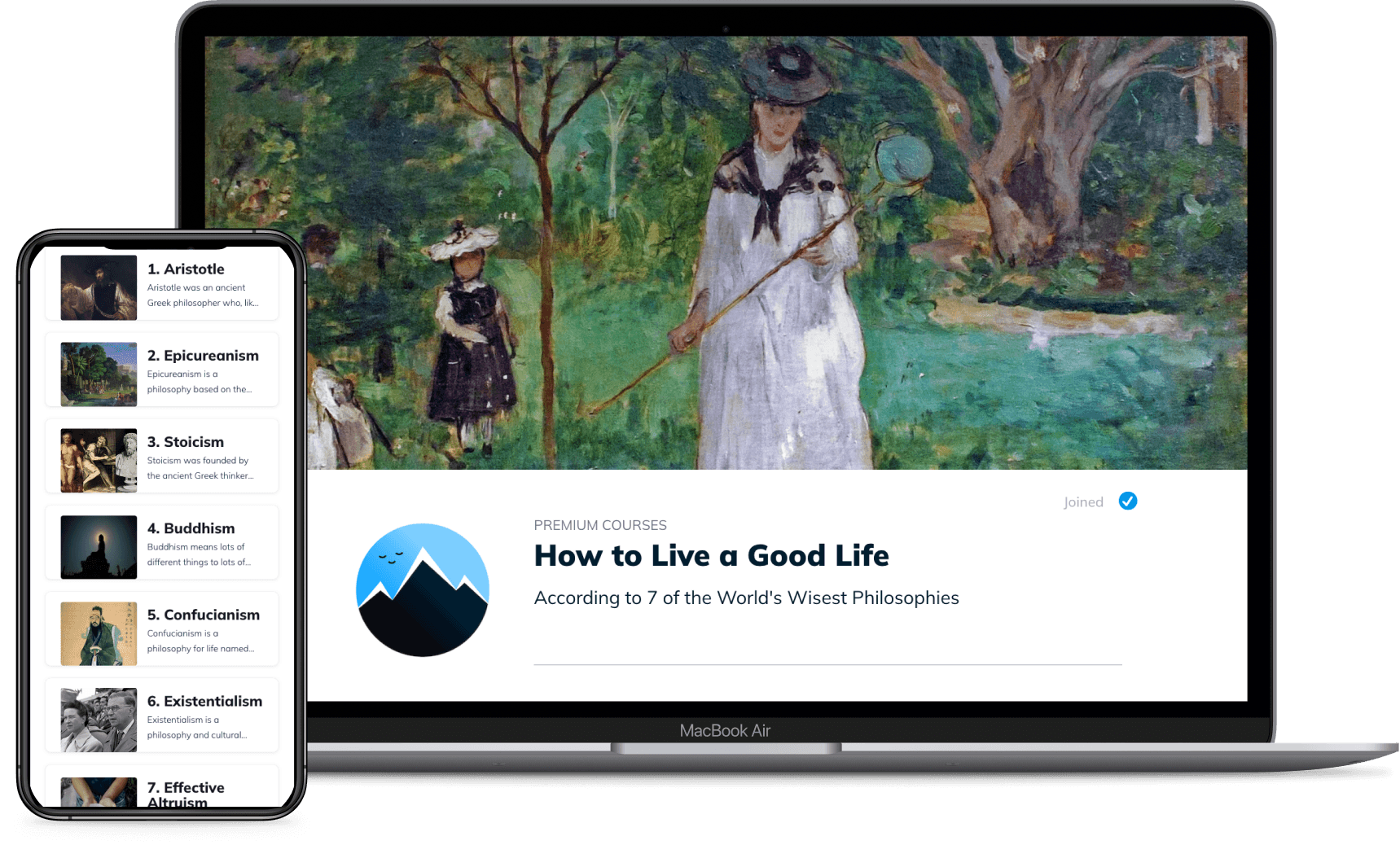
How to Live a Good Life (According to 7 of the World’s Wisest Philosophies)
BY PHILOSOPHY BREAK
★★★★★ (100+ reviews)
Get Instant AccessIf your interest in philosophy falls mostly into the more practical ‘how can I live a good life?’ category, then the 2026 How to Live a Good Life (According to 7 of the World’s Wisest Philosophies) is for you. This concise online guide is designed to help you understand some of life’s most influential ethical frameworks — including Buddhism, Stoicism, Existentialism, and more — examine the pros and cons of each, and discover how they might apply to your own life.
Of course, we’re a little biased, as we produced this one, too — but How to Live a Good Life (According to 7 of the World’s Wisest Philosophies) gets rave reviews, is better value than buying introductory books for all philosophies covered, and could be just what you’re after!
5. Think: A Compelling Introduction to Philosophy, by Simon Blackburn
Published in 1999, this wonderfully-written book begins with contemporary philosopher Simon Blackburn's rallying cry for the study of philosophy, before diving into discussion of the key philosophical themes and thinkers throughout history.
Each chapter of Think acts as a self-contained guide on subjects ranging from skepticism and ethics, to self-identity and God. You can thus take it all in in bitesize chunks, issue by issue, chapter by chapter.
6. Philosophy: The Basics, by Nigel Warburton
Nigel Warburton’s Philosophy: The Basics is ideal for a general overview of the main arguments in philosophy.
First published in 1992, and now in its fifth edition, Warburton’s book gently eases the reader into the world of philosophy, touching all the big issues like God, science, art, and morality through easy-to-understand and powerful analogies.
Further reading
Are there any other books you think should be on this list? Let us know via email or drop us a message on Twitter or Instagram.
In the meantime, why not explore more of our reading lists on the best philosophy books:

View All Reading Lists
Essential Philosophy Books by Subject
About the Author

Get one mind-opening philosophical idea distilled to your inbox every Sunday (free)

From the Buddha to Nietzsche: join 25,000+ subscribers enjoying a nugget of profundity from the great philosophers every Sunday:
★★★★★ (100+ reviews for Philosophy Break). Unsubscribe any time.

Latest Breaks
Each philosophy break takes only a few minutes to read, and is crafted to expand your mind and spark your curiosity.
